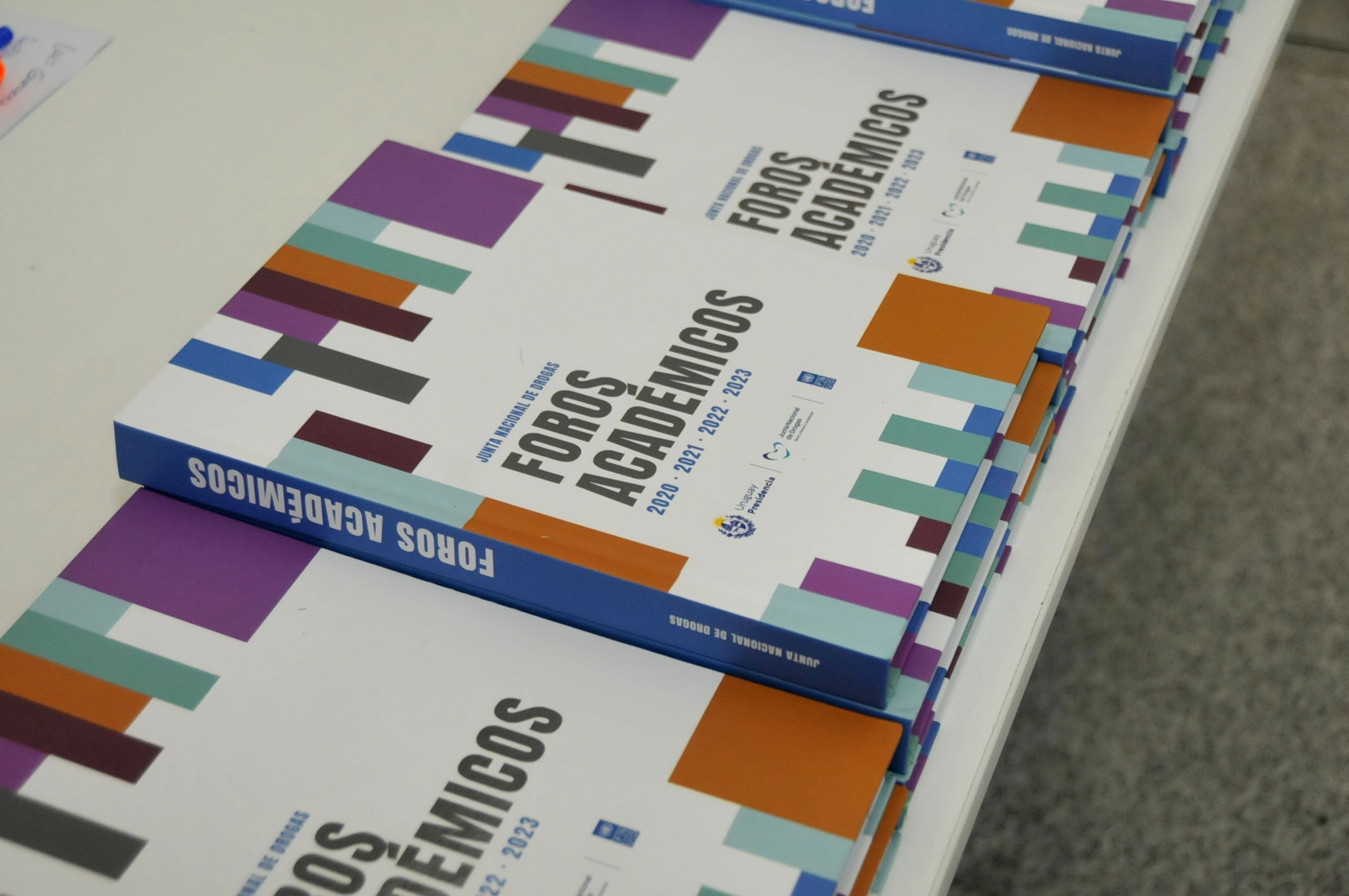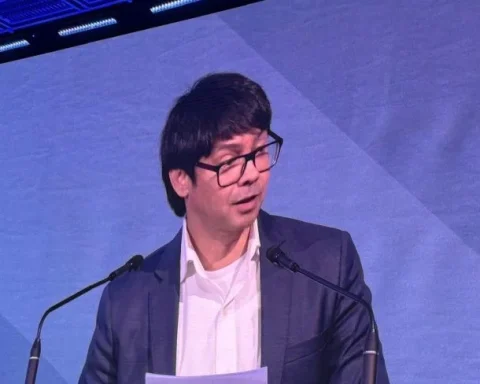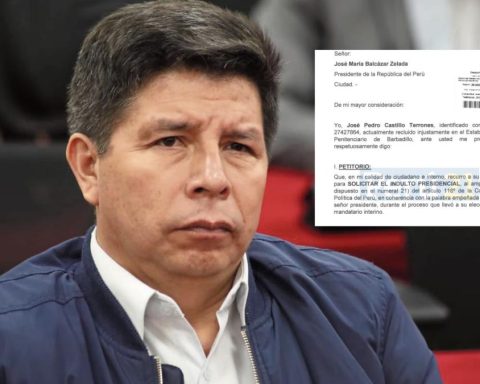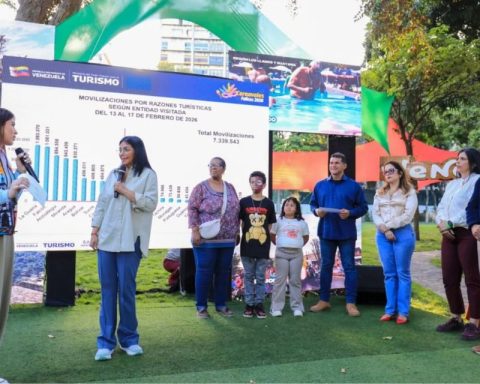The National Drug Board presented a compilation of academic forums with analysis and reflections for a public policy
The purpose of the book launch “Academic Forums on Drugs 2020-2023” is to offer technicians, political decision-makers and the general public a set of reflections and fundamental knowledge for a deep understanding of the subject in Uruguay. The copies contain information gathered at events that were part of interdisciplinary analysis spaces with national and international experts.
On this occasion, a compendium of debates and empirical knowledge generated in academic forums on drugs, developed during the years 2020 and 2023, was presented, with the aim of promoting reflection and exchange on public policies in the matter and providing conceptual resources and tools to improve the quality of interventions in this area.
The Secretary of the Presidency and President of the National Drug Board (JND), Rodrigo Ferrés, explained in his speech that the edition of the academic forums includes studies and research carried out between 2020 and 2023. In this context, he valued the contributions of prominent professionals and academic leaders, both national and international, whose reflections and experiences represent inputs.
The complex and dynamic nature of drugs requires an interdisciplinary approach, said Ferrés, and he stressed the joint work of the Government, civil society, academia and private agents to respond to the multidimensionality of the problem. He also indicated that the JND is making a significant effort through these forums and academic publications, with the aim of providing input to improve the situation.
He highlighted the four axes of the publication, which 35 national and 13 foreign experts worked on, in topics such as risk management and harm reduction in relation to public policy, treatment of problematic substance use, education and its potential in the prevention and regulation of cannabis in Uruguay and the region.
The Undersecretary of the Ministry of the Interior, Pablo Abdala, said that the compilation brings together input from specialists who contribute to the task of those who must define, measure the impact and implement public policy in relation to drugs. “This is an issue that is on the agenda of the Ministry of the Interior as an aspect of permanent concern,” said the official, adding that the causes and effects of crime are often related to the problematic consumption of substances.
He also highlighted the role of the State Secretariat in combating illicit drug trafficking. “We are constantly working to improve the police response,” he said, and highlighted the strengthening of the General Directorate for the Suppression of Illicit Drug Trafficking and the departmental brigades, as well as the incorporation of technology and equipment for that purpose.
He also referred to the program implemented by the portfolio with the JND and the State Health Services Administration (ASSE), for the treatment and rehabilitation of persons deprived of liberty. “This marks a virtuous path that must be taken,” said Abdala. He added that in 2022, 587 people participated and in 2023, 870, and stated that the intention, in 2024, is to “surpass the figure from the previous year.”


















